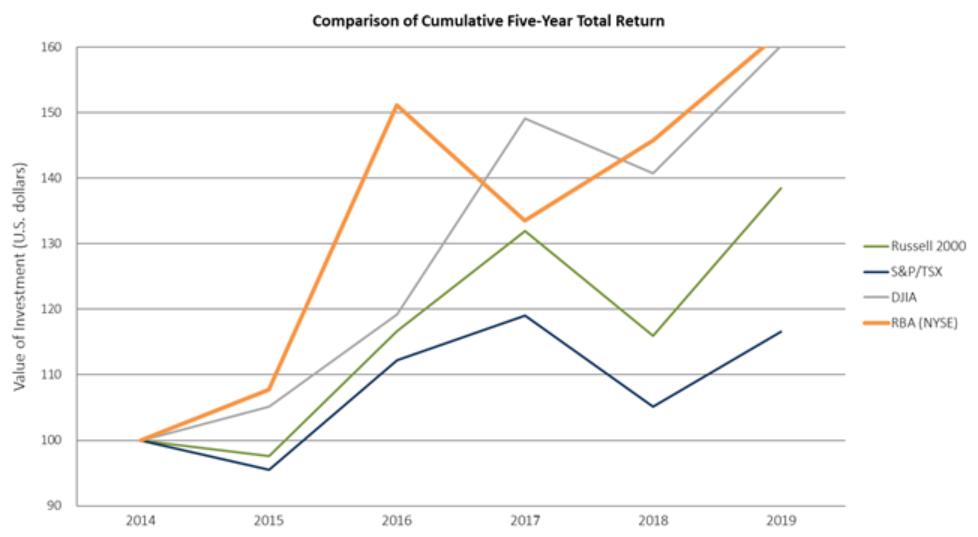If we violate the complex foreign and U.S. laws and regulations that apply to our international operations, we may face fines, criminal actions or sanctions, prohibitions on the conduct of our business and damage to our reputation. These risks inherent in our international operations increase our costs of doing business internationally and may result in a material adverse effect on our operations or profitability.
Our business operations may be subject to a number of federal and local laws, rules and regulations including export control regulations.
Our business operations may be subject to a number of federal and local laws, rules and regulations, including the Export Administration Regulations, or EAR, maintained by the U.S. Department of Commerce, the International Traffic in Arms Regulations, or ITAR, maintained by the U.S. Department of State, economic sanctions regulations maintained by the U.S. Department of the Treasury’s Office of Foreign Assets Control, or OFAC, and similar regulations in Canada and the European Union (“EU”). We have implemented procedures regarding compliance with these laws, including monitoring, on an automatic and manual basis, the potential sellers and buyers in our marketplace and restricting business from certain countries. We can offer no assurances that these procedures will always be effective.
We have implemented certain processes and procedures to prevent sellers and buyers that are located in a prohibited jurisdiction or are prohibited persons from participating in our marketplaces. Such processes and procedures are designed so that our business is in compliance with OFAC-administered sanctions regulations and other applicable sanction regulations, including those in Canada and the EU.
If we were to violate applicable export control or sanctions regulations, we could be subject to administrative or criminal penalties which, in certain circumstances, could be material. We could be subject to damages, financial penalties, denial of export privileges, incarceration of our employees, other restrictions on our operations, and reputational harm. Further, any action on the part of the U.S. Department of State, the U.S. Department of Commerce, OFAC or other applicable regulator against the company or any of our employees for potential violations of these laws could have a negative impact on our reputation and business, which might decrease stockholder value.
Failure to comply with anti-bribery, anti-corruption, and anti-money laundering laws, including the U.S. Foreign Corrupt Practices Act of 1977, as amended, or the FCPA, the Corruption of Foreign Public Officials Act, or the CFPOA, and similar laws associated with our activities outside of the U.S. could subject us to penalties and other adverse consequences.
We are subject to the FCPA, the CFPOA, the U.S. domestic bribery statute contained in 18 U.S.C. §201, the U.S. Travel Act, the USA PATRIOT Act, the United Kingdom Bribery Act of 2010, or the U.K. Bribery Act, and possibly other anti-corruption, anti-bribery and anti-money laundering laws in countries in which we conduct activities or facilitate the buying and selling of equipment. We face significant risks if we fail to comply with the FCPA, the CFPOA and other anti-corruption and anti-bribery laws that prohibit companies and their employees and third-party intermediaries from authorizing, offering or providing, directly or indirectly, improper payments or benefits to foreign government officials, political parties or candidates, employees of public international organizations, and private-sector recipients for the corrupt purpose of obtaining or retaining business, directing business to any person, or securing any advantage. In many foreign countries, particularly in countries with developing economies, it may be a local custom that businesses engage in practices that are prohibited by the FCPA, the CFPOA or other applicable laws and regulations. In addition, we leverage various third parties to sell our solutions and conduct our business abroad. We, our channel partners, and our other third-party intermediaries may have direct or indirect interactions with officials and employees of government agencies or state-owned or affiliated entities. We may be held liable for the corrupt or other illegal activities of these third-party intermediaries, our employees, representatives, contractors, partners, and agents, even if we do not explicitly authorize such activities. Our Code of Business Conduct and Ethics and other corporate policies mandate compliance with these anti-bribery laws, which often carry substantial penalties.
Any violation of the FCPA, other applicable anti-bribery, anti-corruption laws, and anti-money laundering laws could result in whistleblower complaints, adverse media coverage, investigations, loss of export privileges, severe criminal or civil sanctions and, in the case of the FCPA, suspension or debarment from U.S. government contracts, which could have a material and adverse effect on our reputation, business, operating results and prospects. In addition, responding to any enforcement action may result in a materially significant diversion of management’s attention and resources and significant defense costs and other professional fees.

























